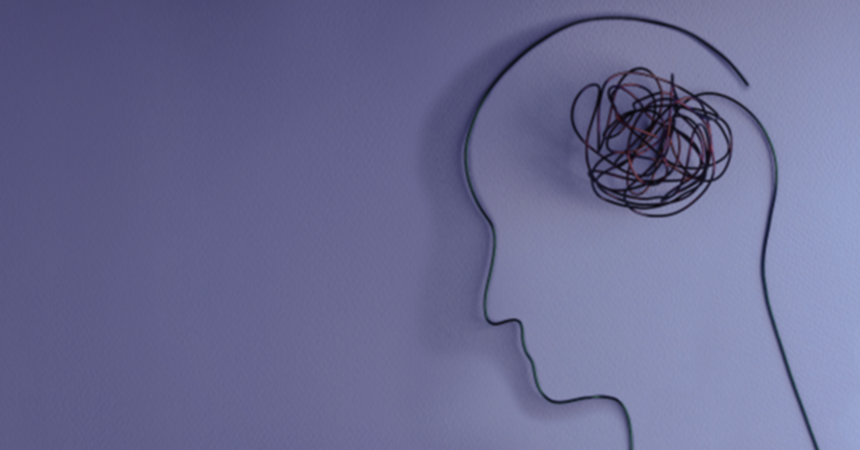Neurofeedback Therapy or Training (NFT) is an evidence-based intervention that harnesses this amazing ability.
NFT rewards the brain for changing its patterns through a learning process. Electrodes placed in specific locations on the head allow practitioners to monitor small and usually unperceivable brain activity, which is strengthened on an amplifier and viewed on a screen. This tangible feedback helps participants to learn how this activity can be influenced.
Katrina Sweeny, a Registered Psychologist from the Rosewood Centre said, “Once the brain has learned new patterns, we can access the desired behaviours at any time in the future, if it has been properly trained and retained”.
“That’s why it takes between 30 and 40 sessions, usually two per week, to achieve a lasting result.
“While this seems like a lot of sessions, the benefits can be life-changing and participants don’t need to do it again,” she said.
NFT is mostly used to treat symptoms of ADHD, but also in other areas such as Insomnia, cognitive performance, sports performance, and anxiety.
So who is suitable for NFT? When delivered by qualified allied health professional, such as a psychologist or occupational therapist, it can be a safe treatment for children over 6 years old through to adults. In particular, it has been proven to be effective for children and people who do not respond to traditional medication management for ADHD.
The Rosewood Centre notes that the therapy is not appropriate for everyone, and the underlying causes of inattention, hyperactivity or sleep difficulties may vary from one person to the next. That’s why an assessment is necessary to determine suitability and the best treatment plan.
Research shows that three out of four people respond to a full neurofeedback program. It has also been found that improvements were continuing for those who respond to treatment, even six months after therapy sessions have finished.
“Neurofeedback is a scary sounding word but it is a safe, non-invasive way for people to learn how to use the power of their own brain to re-train it,” added Katrina.
“It’s been around for a long time and is a proven way we can help people increase their ability to pay attention and then shift their ability to being able to rest and recover. It’s that flexibility to be able to shift that is important,” she said.
“Once you have finished the program, your brain has learned to develop those new pathways and it will continue to grow and develop and use its own wonderful ability with neuroplasticity in order to keep those changes happening as you also grow and develop.”
The Rosewood Centre is offering neurofeedback sessions in Taree, Maitland and Hamilton. For more information visit The Rosewood Centre website.
Kelly Pavan is the General Manager of The Rosewood Centre.
Follow mnnews.today on Facebook.



























































































